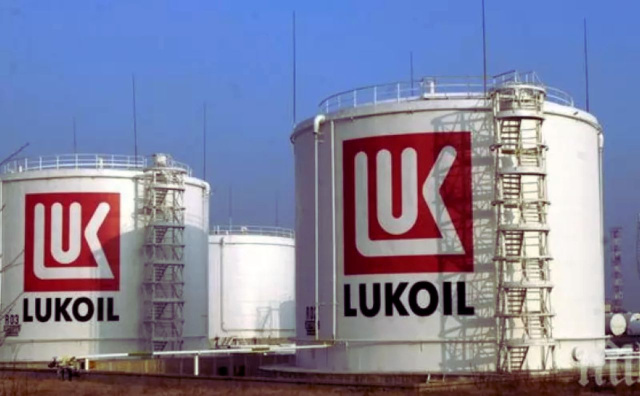Bulgaria cannot legally impose a ban on fuel exports, according to Nikola Yankov, former Deputy Minister of Economy and former Bulgarian representative for Lukoil, who spoke to Bulgarian National Radio. Yankov criticized the government’s recent announcements, describing them as largely symbolic and unlikely to improve fuel security in the country. He stressed that, as an EU member, Bulgaria has no legal authority to block exports, whether it be fuels, agricultural products, or other goods, and any attempt would be overturned in court. He also dismissed concerns about the physical security of Lukoil facilities, suggesting that measures aimed at protecting them are unnecessary.
Yankov highlighted the need for the government to focus on alternative fuel supply routes, particularly by sea. He pointed out that private terminals in Varna and Burgas could serve as emergency supply points but require inspections and capacity upgrades. He emphasized the importance of ensuring these routes function reliably and coordinating with major fuel distributors to develop contingency plans should the Burgas refinery face a shutdown. Deliveries from Romania and Greece should also be assessed to confirm their operational readiness.
Addressing the market structure, Yankov noted Lukoil’s long-standing monopoly, which he said the state has allowed to persist for decades. He suggested that, if intervention is necessary, the state should prioritize guaranteeing wholesale access to Lukoil warehouses and terminals, rather than attempting to manage refinery operations. He rejected the idea of the Bulgarian Energy Holding (BEH) acquiring the refinery, labeling it economically irrational and predicting it could lead to another industrial closure. Yankov’s advice underscores that securing fuel supply through logistical and wholesale channels is far more effective than attempting legal or ownership interventions.
Source: BNR
